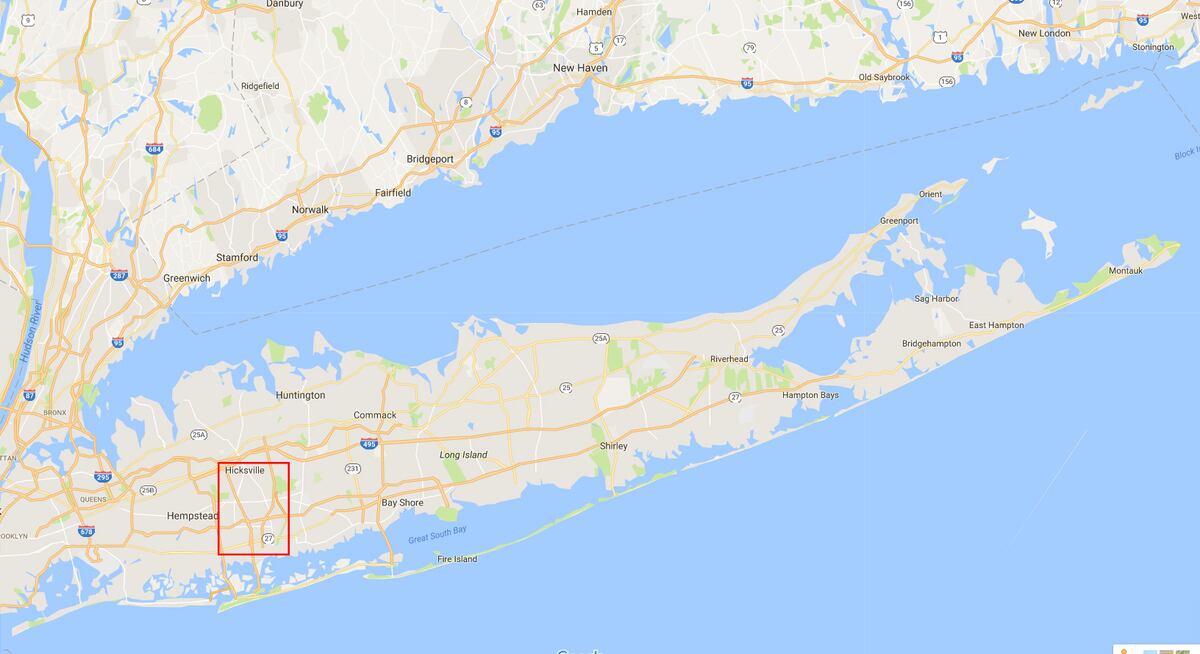BETHPAGE, N.Y. — New York is moving forward with a $585 million plan to clean up a massive plume of underground contamination left from Long Island’s heyday as a defense and aerospace manufacturing hub, and it’s ready to take polluters to court over the bill.
Gov. Andrew Cuomo announced Sunday that if defense contractor Northrop Grumman and the U.S. Navy don’t act swiftly, the state will start construction on its own on a system to contain and treat a nearly 7-square-mile (18-square-kilometer) swath of pollution from former manufacturing facilities in Nassau County.
"We'll never wait for polluters to clean up their mess when it's most convenient for them," Cuomo, a Democrat, said in a statement. "The people of Bethpage deserve immediate action to treat the severe contamination caused by this plume and to stop it from spreading."
RELATED

Messages seeking comment were left with representatives for Northrup Grumman and the Navy.
In the past, Grumman has called the state’s remediation plan “unnecessary, infeasible, and impractical.”
The company built warplanes at the Bethpage plant for about six decades, until 1996. It was there that the Apollo Lunar Module used in the moon landings came to life.
The Navy had an adjacent, Northrup Grumman-operated facility on the 600-acre (2.5-square-kilometer) site for researching, testing, engineering and assembling military aircraft.
The plume, discovered in the 1970s, contains 24 contaminants, according to the state’s Department of Environmental Conservation. They include TCE, which has been found to be carcinogenic, and 1,4-dioxane, which is possibly carcinogenic.
The contamination is about 4 miles (6.5 kilometers) long and more than 2 miles (3 kilometers) wide in some places and has polluted 11 public water supply wells while threatening another 16, according to the DEC.
The polluted wells are being treated for TCE and related compounds, allowing continued use for drinking water purposes, the DEC said.
To clean up the mess, Cuomo said the state has chosen an "aggressive plan engineered to achieve the highest cleanup standards possible." It includes two-dozen groundwater extraction wells, five treatment plants, four recharge basins and 24 miles of piping.
The estimated cost is for building and operating the system.





